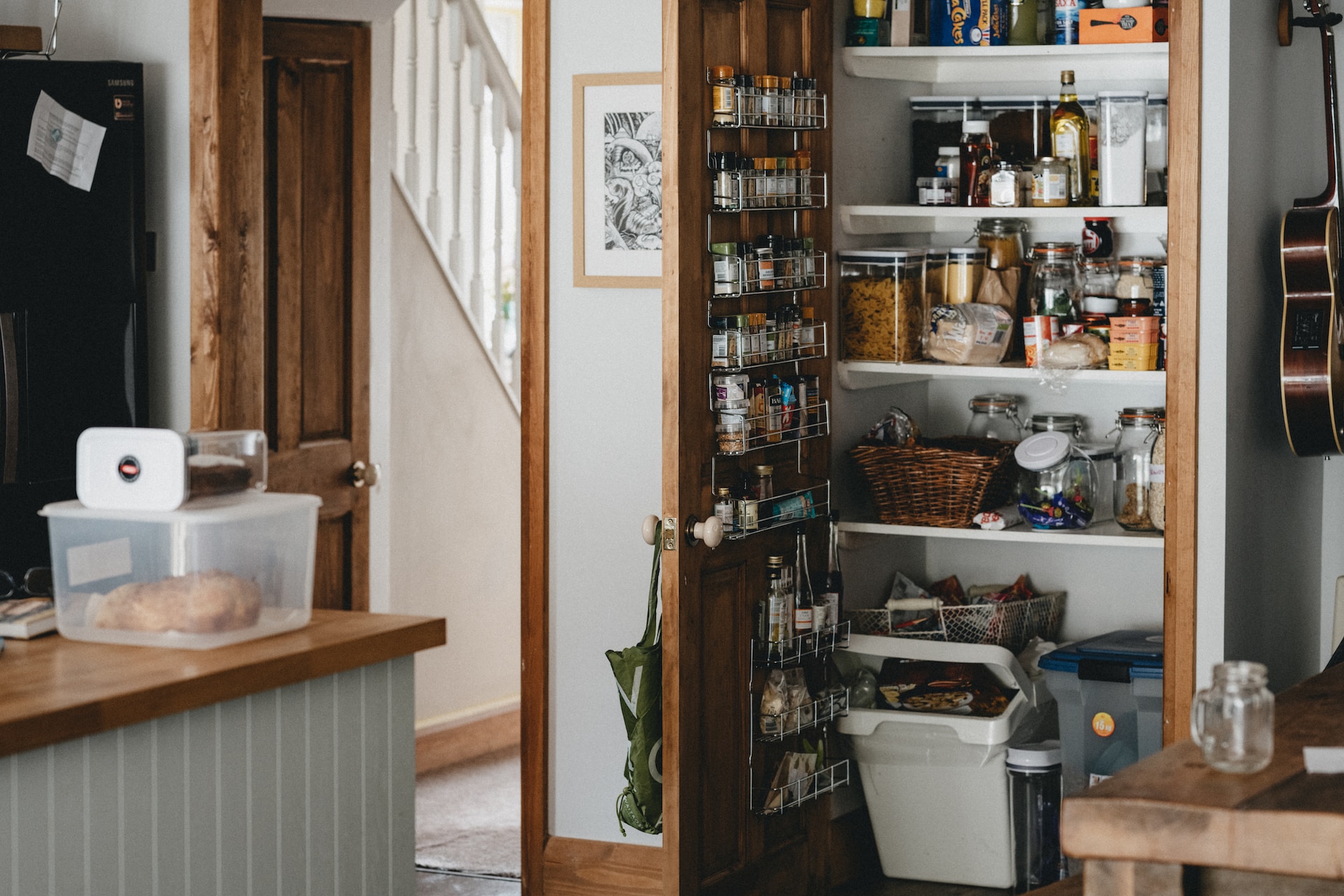Understanding The Crucial Role of Food When Living Off the Grid
Living off the grid has gained significant popularity in recent years as individuals and families seek a more self-reliant and sustainable way of life – particularly in the wake of the unprecedented damage to the climate unfolding in recent years.
Whether it’s in remote cabins, sustainable communities, or even mobile homes, the off-grid lifestyle offers a chance to disconnect from mainstream utilities and embrace a simpler existence.
However, one of the most crucial aspects of this lifestyle is understanding the role of food – which is why this article will delve into the importance of food and the impact it has on your off-grid lifestyle.
Contents
The Essence of Food Independence
Living off the grid is all about minimizing your reliance on external resources and materials – in essence, it is all about independence. Food independence stands as a vital tenet of that lifestyle. When you depend on your efforts and knowledge to source your next meal, understanding your food becomes essential.
This is why many off-gridders choose to grow their own fruits, vegetables, and herbs – this would provide you with fresh and organic produce and ensure you understand and appreciate the land you live on.
Storage and Preservation
Access to most conventional storage methods is limited at best when living off the grid. As a result, knowledge of food preservation techniques can be incredibly helpful in allowing you to properly feed yourself.
Processes like canning, pickling, fermenting, and dehydrating are valuable methods that have been used for generations – all you need to do is learn how to engage with these yourself.
Planning for Emergency
Of course, even the most robust and carefully planned solutions to storing and preserving your food can sometimes go awry – and when it does, you could be in real trouble. After all, food is one of the most important resources you could possibly need, and you should never go without steady access to it if you can avoid it.
So, the best thing you can do to make sure that you are prepared for an emergency like this is to plan. Of course, you aren’t always going to be able to anticipate every problem, but that doesn’t mean you shouldn’t try.
You can start by setting aside an emergency food supply that you can turn to if you find yourself running out of food entirely. In addition to that, you should probably make plans for people you can contact if you are in desperate need of food, possibly even making arrangements with them in advance so that you don’t have to try and make a deal with them in an actual emergency.
Ultimately, your aim should be to ensure that you immediately know what to do when you find yourself in a situation like this.
Sourcing and Sustainability
Off-grid living encourages a sustainable lifestyle, and that extends to food sourcing more readily than many other aspects of life. Many off-gridders find themselves turning to permaculture and regenerative farming, which prioritize ecosystem health and longevity, as a way to sustainably and consistently source their own food.
Rather than relying on monoculture and chemical fertilizers, they work with the land’s natural processes, promoting soil fertility and biodiversity, while also seeing to their own needs. This approach not only ensures a steady food supply but also minimizes their environmental impact while ensuring that they don’t need access to complex and expensive equipment and resources to cultivate their food supply properly.

